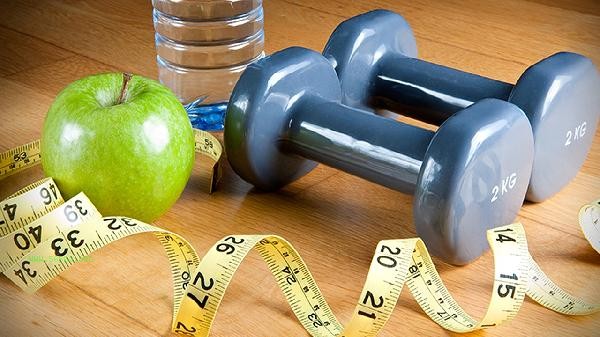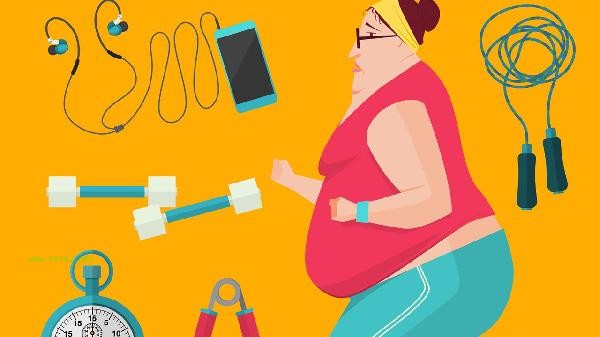Middle school students can achieve the dual goals of growing taller and losing weight through high protein and low calorie foods, mainly including milk, eggs, broccoli, chicken breast, oats, etc. These foods can not only meet the nutritional needs for growth and development, but also control calorie intake.

1. Milk
Milk is rich in high-quality protein and calcium, which helps with bone development and height growth. Choosing skim or low-fat milk can reduce fat intake and avoid excess calories. Drinking moderate amounts of milk every day can supplement vitamin D, promote calcium absorption, and does not increase the risk of obesity.
2. Eggs
Eggs are a highly cost-effective source of protein, and the lecithin in the yolk helps with brain development. The cooking method of boiled or steamed eggs can avoid additional fat intake. 1-2 eggs per meal can provide sufficient nutrition, enhance satiety, and reduce snack intake.
3. Western Blue Flower
Western Blue Flower is rich in dietary fiber and vitamin C, with extremely low calories but strong satiety. The sulforaphane in it helps regulate metabolism. When cooking, it is recommended to steam or blanch it to retain nutrients while avoiding high oil stir frying to increase heat.

4. Chicken breast
Chicken breast has low fat content and high-quality protein structure, suitable for muscle repair and growth after exercise. Roasted or boiled chicken breast after peeling can be used as a staple food, and consuming it with vegetables can prolong digestion time and reduce hunger.
5. Oats
Oats' slow digesting carbohydrates can stabilize blood sugar and prevent overeating. Rich in β - glucan, it can improve intestinal health. Brewing oats with sugar free yogurt can not only supplement calcium, but also create a lasting sense of fullness, replacing high sugar snacks.

Middle school students in the growth and development stage need to pay special attention to nutritional balance, and their daily diet should include sufficient amounts of high-quality protein, complex carbohydrates, and fresh vegetables and fruits. Avoiding high calorie and low nutrient foods such as fried foods and sugary drinks, combined with moderate jumping exercises such as basketball and skipping rope, can stimulate growth hormone secretion and burn excess fat. Ensuring adequate sleep is equally important for height growth and weight control, and it is recommended to sleep no less than 8 hours per night. If there is abnormal weight gain or delayed height development, seek medical attention promptly to investigate endocrine or metabolic problems.








Comments (0)
Leave a Comment
No comments yet
Be the first to share your thoughts!